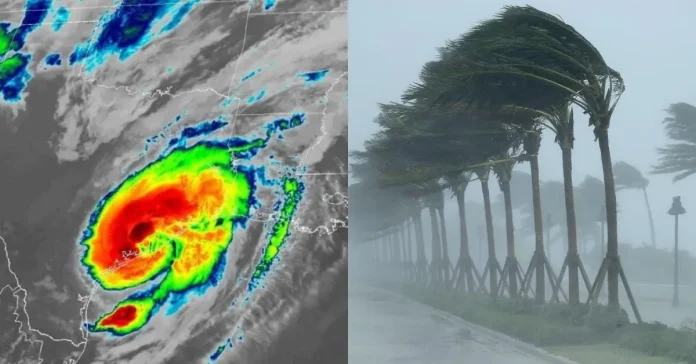A hurricane is a powerful tropical storm with winds reaching at least 74 mph (119 km/h). These storms form over warm ocean waters and can cause widespread damage when they make landfall. Hurricanes bring heavy rainfall, strong winds, storm surges (an abnormal rise in sea level), and even tornadoes, leading to flooding, property destruction, and loss of life.
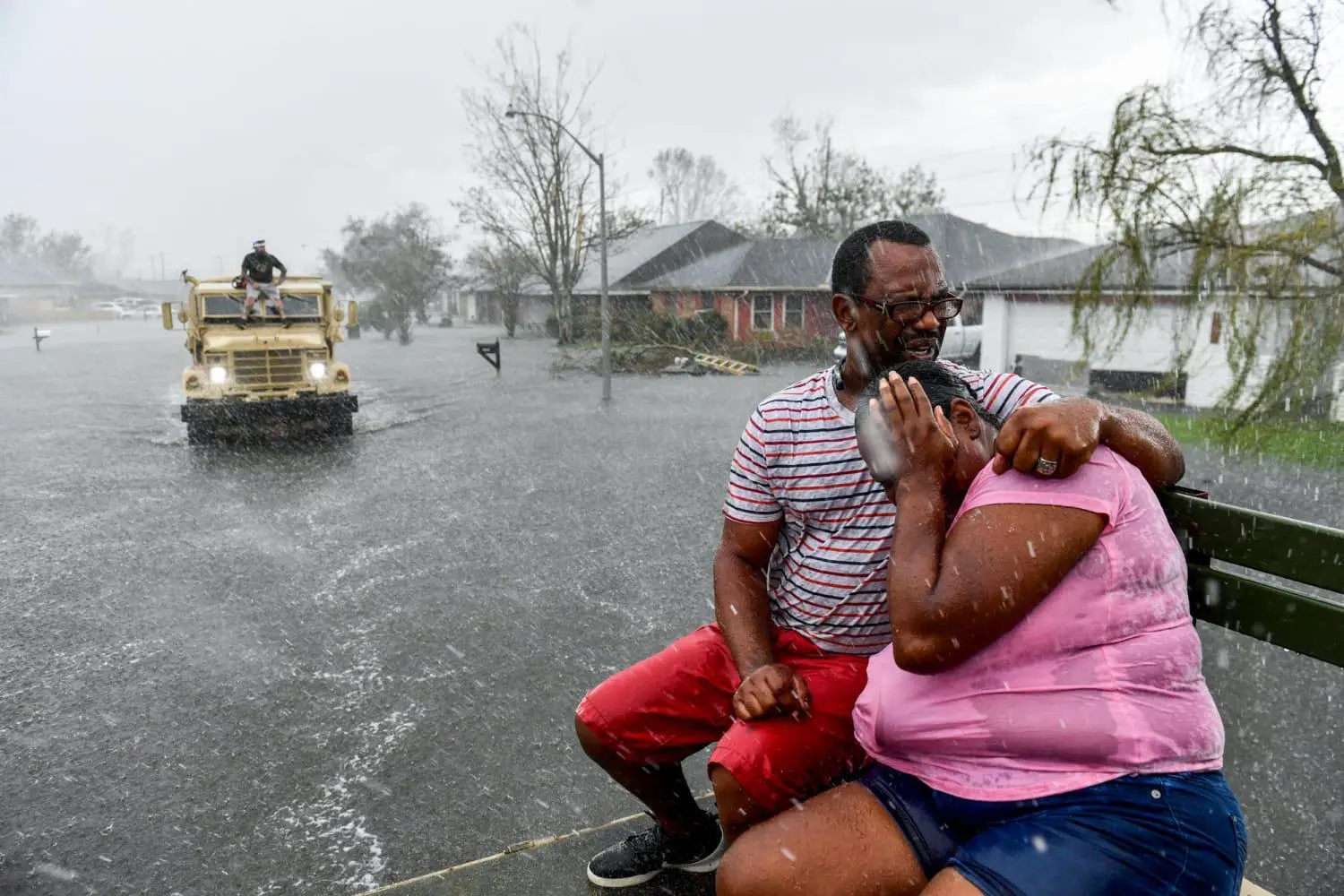
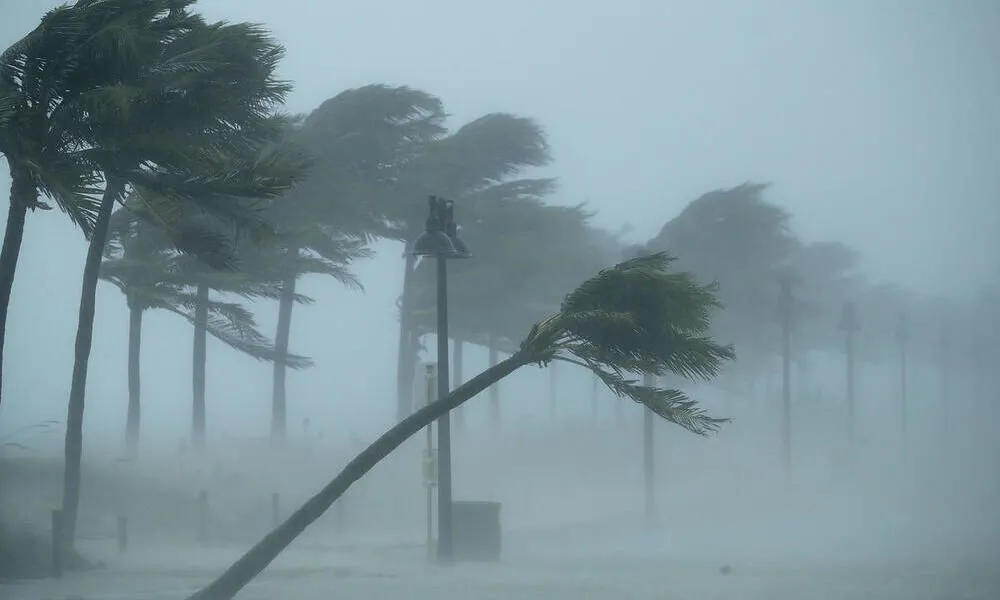
History of Major Hurricane Incidents.
Throughout history, hurricanes have caused significant devastation. One of the deadliest hurricanes was the Galveston Hurricane of 1900, which killed an estimated 8,000 people in Texas. In 2005, Hurricane Katrina wreaked havoc along the Gulf Coast, especially in New Orleans, where flooding left much of the city underwater. More recently, in 2017, Hurricanes Harvey, Irma, and Maria caused extensive damage in the U.S. and the Caribbean, displacing thousands and costing billions in recovery efforts.
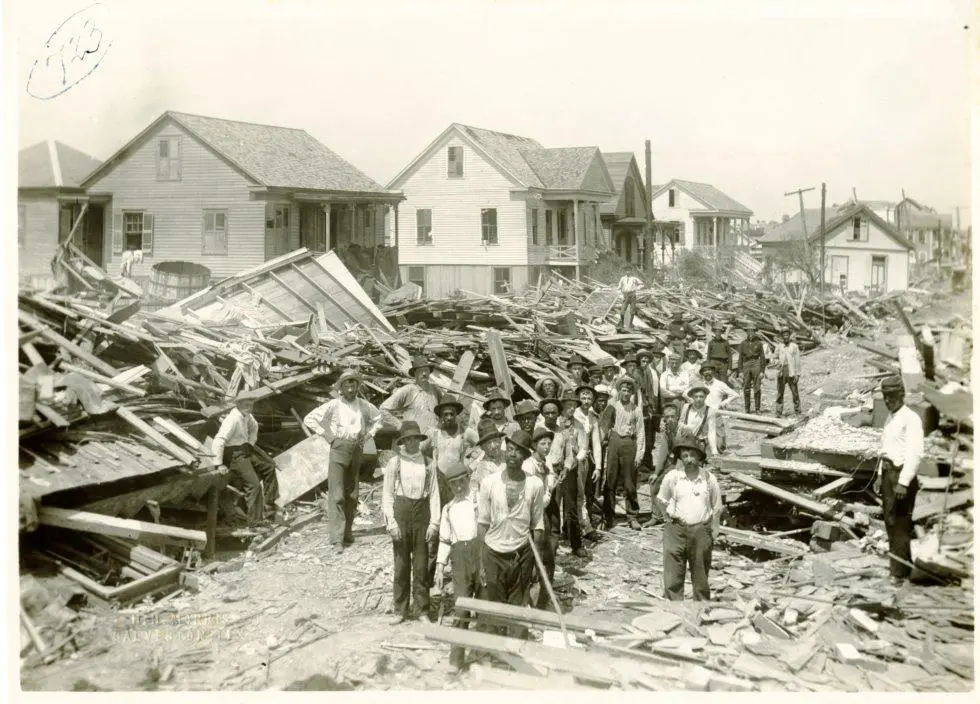
Galveston Hurricane of 1900 (U.S.National Park Service)


How to Protect Vehicles and Ourselves from an Upcoming Hurricane?
With reports of a potential hurricane on the horizon, it’s crucial to take steps to protect yourself and your property.
1. Prepare Your Vehicle: Move your vehicle to higher ground, ideally inside a garage or an elevated parking lot. If these options are not available, park away from trees, power lines, or any structure that could fall. Make sure the fuel tank is full, and emergency supplies such as first-aid kits, water, and blankets are stored inside.

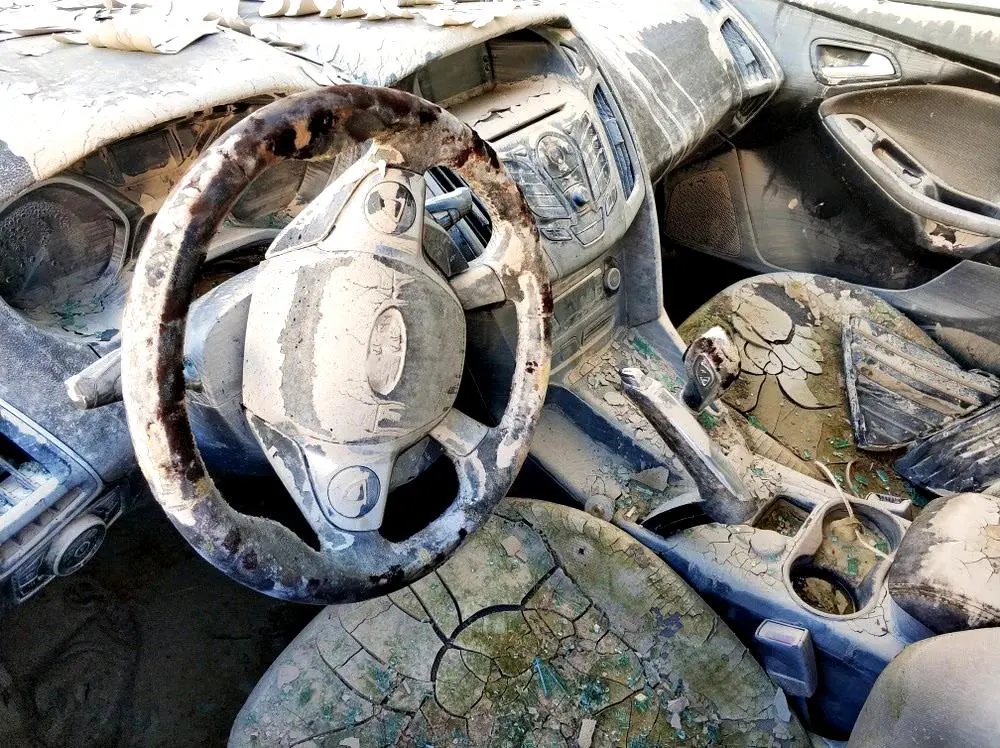
2. Emergency Kit and Supplies: Prepare an emergency kit with essential supplies—water, non-perishable food, flashlight, batteries, and important documents. Keep this kit handy in case you need to evacuate quickly.
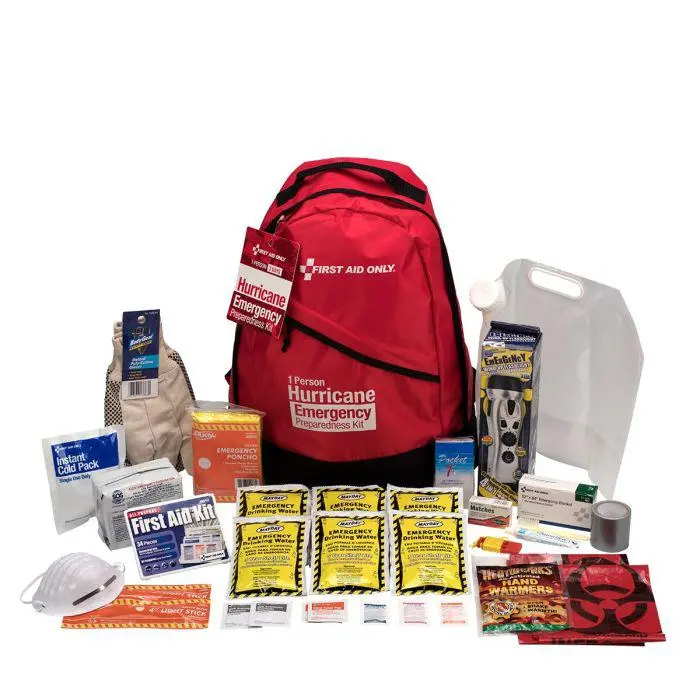
3. Follow Evacuation Orders: Pay attention to local news and follow evacuation orders. If you’re instructed to leave, do so immediately. Plan your route in advance and avoid flooded areas.
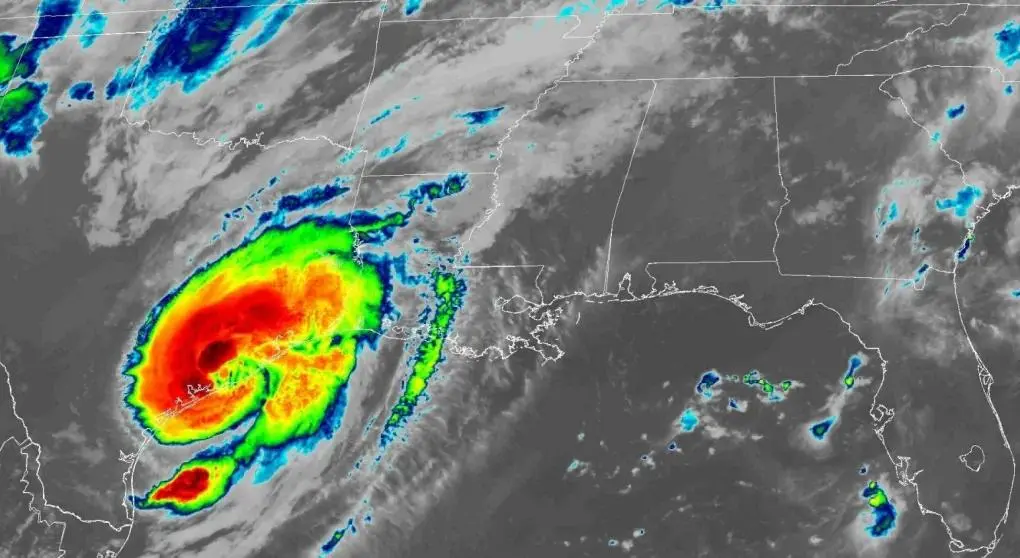
4. Stay Indoors and Away from Windows: If you’re unable to evacuate, stay indoors in a secure room away from windows. It’s also important to have an emergency communication plan in case power and phone lines go down.
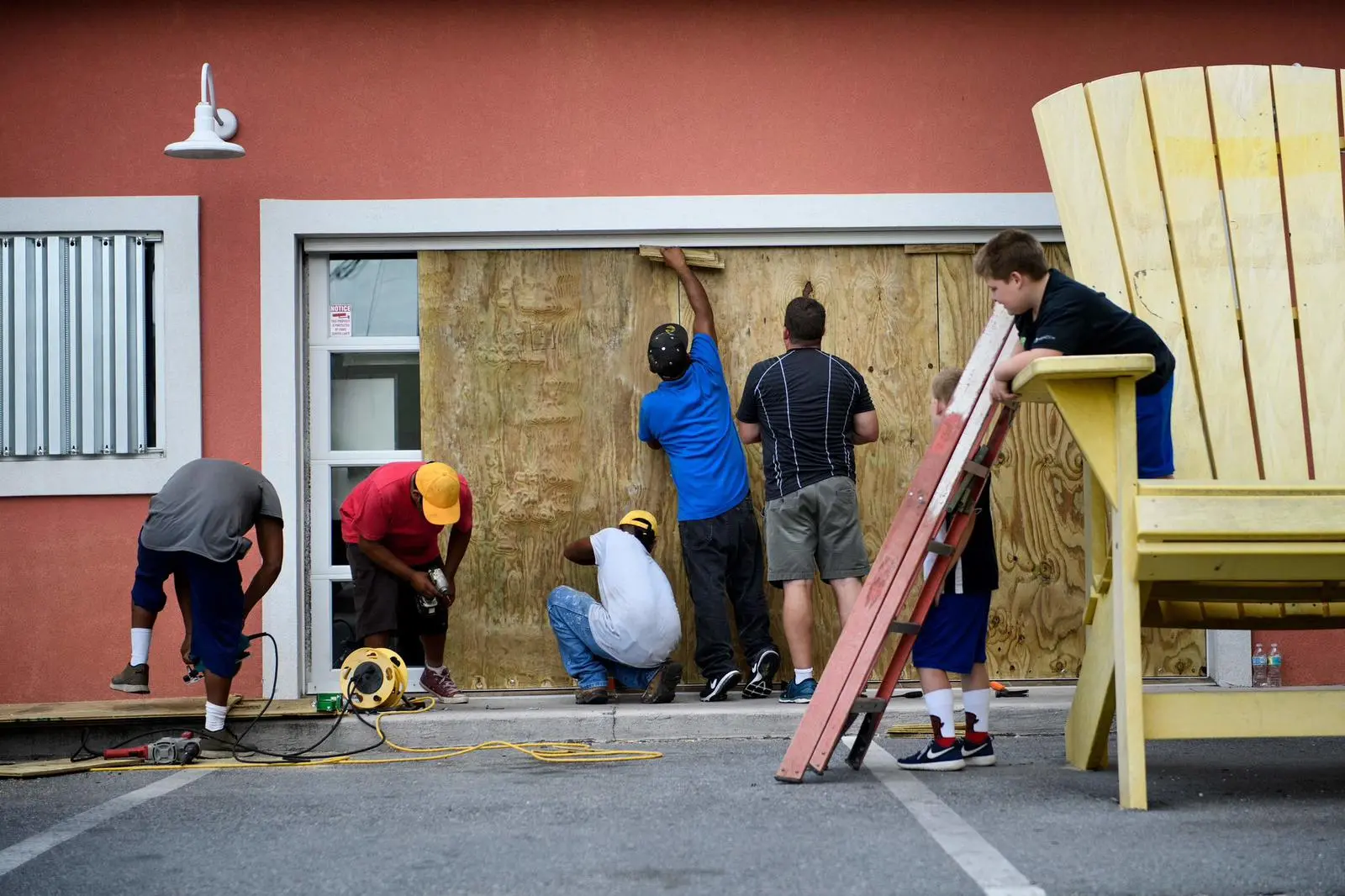
By staying informed and prepared, you can greatly reduce the risks posed by a hurricane. Keep an eye on weather updates, and make sure you’re ready to act if conditions worsen.

